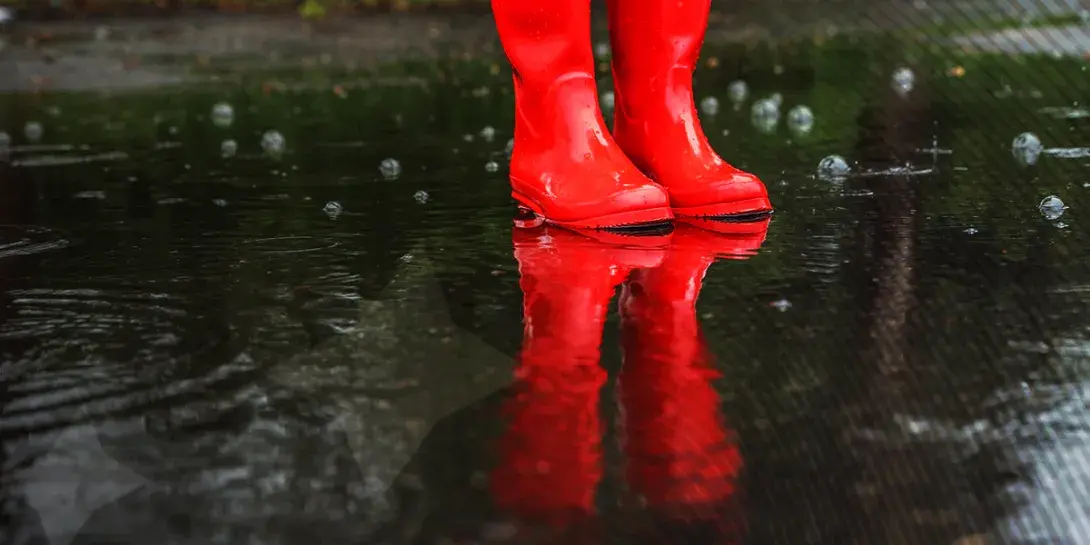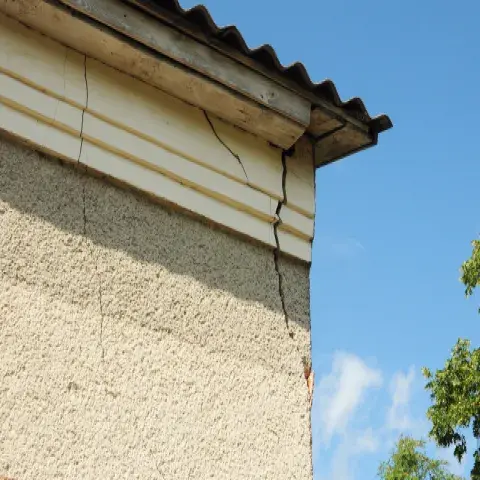Hurricane season- like a bad penny or your ex that just can’t take a hint, it seems to show up right on cue. Whether we like it or not, hurricane season is something we must prepare for- and we have to take the proper precautions to protect our homes and our businesses in the event that a hurricane makes landfall. Tens of billions of dollars are paid out in claims due to hurricanes.
You should be proactive when it comes to hurricane safety and preparedness. Go on the offensive. Prepare your home as if you know the storm is coming directly toward you.
PREPARING THE HOME
UNDERSTAND YOUR COVERAGE
Many homeowners think they know what their policy covers, but when it comes time to file a claim, they are surprised to find out coverage is not what they thought. Now is the time to review your policy and make policy changes if necessary. Your insurance agent can help you make those changes and answer your questions. Finally, make sure to keep digital and printed versions of your homeowner’s policy. You can access your policy on MY180 desktop or mobile app.
FASTEN YOUR WINDOWS
High winds can cause windows to shatter. You should replace your windows with tempered glass if possible and install hurricane shutters. If you can, update older windows with impact glass, or install hurricane windows. At the very minimum always secure any windows and openings with plywood during the storm.
TRIM YOUR TREES
High winds can also throw debris or knock limbs down onto your home. Properly trimming your trees lessens the likelihood of this scenario. Dispose of yard trimmings appropriately. Debris can clog storm drains leading to flooding.
STRENGTHEN YOUR ROOF
Hurricane winds are capable of pulling roofs off homes, specially in older homes that may not meet tropical storm and hurricane (CAT 1) standards. Hiring a certified home inspector can shine light on improvements to strengthen your roof such as adding roof straps and clamps that attach to the structure of the house.
SECURE INDOOR/OUTDOOR ITEMS
Bring any large outdoor pieces inside to keep the hurricane from tossing them about during the storm. Remove pictures and curios from the walls. Lock the doors and bar them with heavy furniture or sandbags to protect against the wind. A day before the storm makes landfall take exterior and interior photos of the home. In addition make sure to take photos of content. If you have valuables, collectibles or designer items photograph keep the receipts.
ASSEMBLE EMERGENCY SUPPLIES
Canned food, protein bars, batteries, solar chargers, first aid kit, and a gallon of water per person, per day.
In addition to preparing for the storm, you should also be prepared for the aftermath. Hurricanes frequently knock down power lines and send communities into a state of emergency. This puts a stress on the municipality and members of the community.
AFTERMATH
STAY OUT OF FLOODED AREAS
You should avoid driving if possible after a storm, but if you must, you should stay away from any high water. Your car could be swept away. If you come into contact with flood water, you should wash your hands thoroughly as flood water can contain chemicals and even bacteria from sewage.
NEVER USE A WET ELECTRICAL DEVICE
You should unplug all devices if possible. If the power stays out, you should use battery operated flashlights instead of candles.
NEVER USE GAS OR COAL GENERATED DEVICE
While these may seem helpful, there is a very real chance of carbon monoxide poisoning from using such a device.
STAY SAFE
There are certain individuals who seek to take advantage of emergency situations. Keep yourself and your family indoors, and keep the doors locked to protect from looters.
You should stay prepared for hurricane season, and make the best decisions for yourself, your family, and your pets. As in all emergency situations you should stay tuned to what your local government officials are saying. Never ignore an evacuation order and try to keep a list of hurricane shelters that are available in your area.
Download and Personalize Our
2022 Hurricane Preparedness Guide



